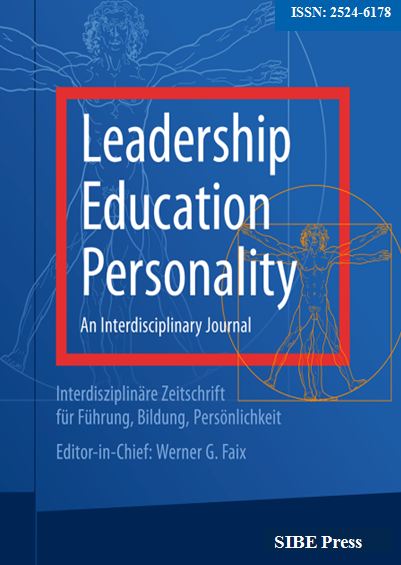Colonialism and Education Question in Princely Kashmir: Transformation of Education System Under the Residency Raj (1885-1915)
DOI:
https://doi.org/10.1366/sg2jnh32Abstract
The colonial encounter in South Asia transformed not just political and economic structures but also the intellectual and cultural landscape of the region. Education became a crucial instrument in this transformation both in British India and in the princely states. This paper seeks to explore how colonial intervention in education was designed to serve imperial priorities, such as consolidating control and marginalizing the princely order, while simultaneously fostering new social hierarchies and aspirations. It is argued that the functional utility of modern education facilitated in the emergence of a new class of educated elite that played as significant role in the politics of the state. By drawing on archival sources and contemporary accounts, the paper investigates the tensions between tradition and modernity and offers a compelling case to analyze the role of Resident in shaping the educational landscape of the state. By situating these developments within broader colonial strategies to “hollow the crown” and diminish princely authority, the paper offers a compelling case to analyze the role reveals how education functioned as both a tool of imperial control and a catalyst for socio-political change.







